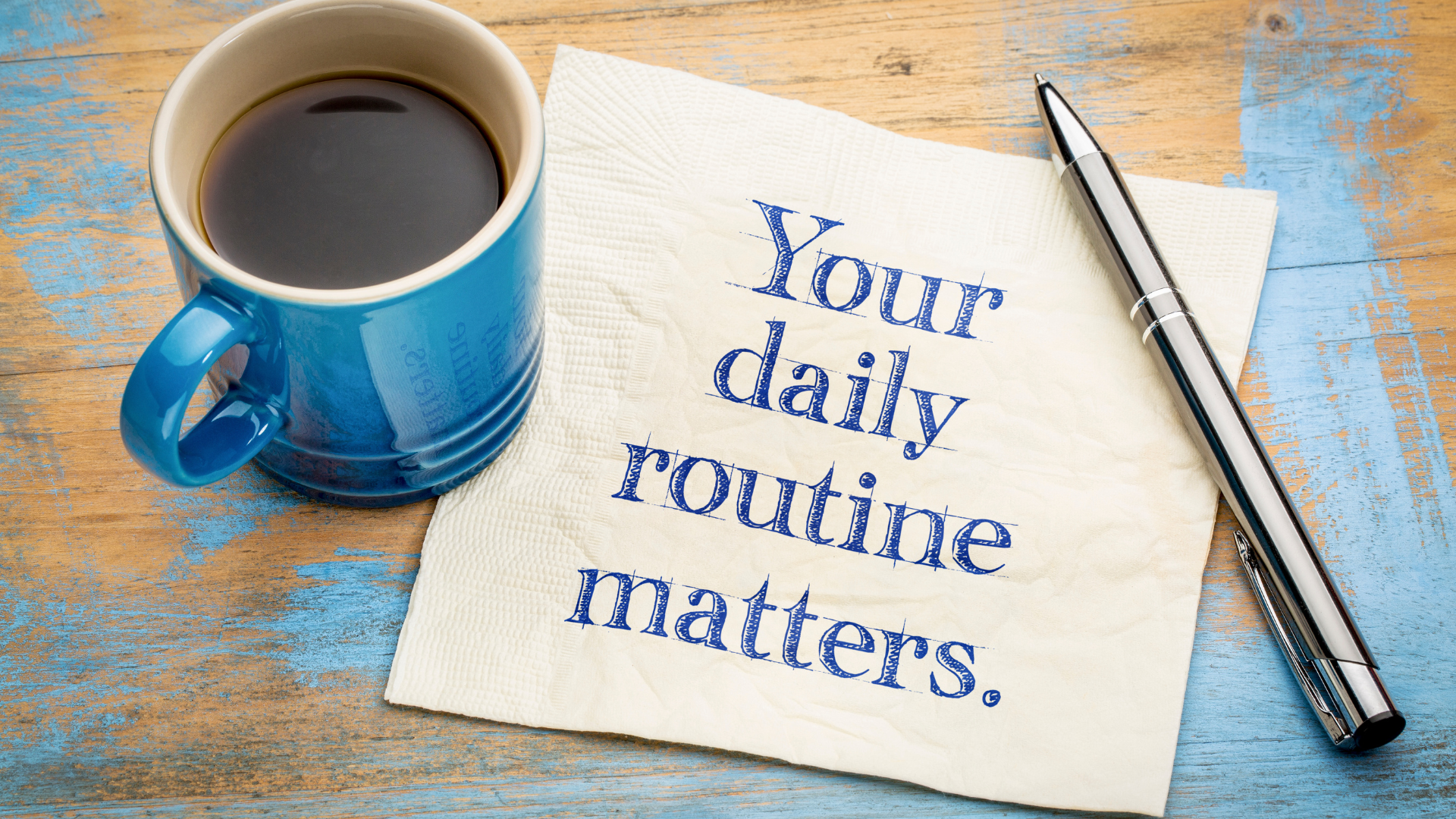From Doubt to Determination: Overcoming Self-Doubt as an Adult Learner
Starting something new isn’t always easy—especially when you’re doing it as an adult. Whether you're returning to school after years away, switching careers, or beginning a training program like those offered at Fordham Institute Inc., it’s common to feel a wave of uncertainty. You might wonder: Am I too old? Can I really do this? Will I succeed?
If you’ve had these thoughts, you're not alone. Self-doubt is a natural part of growth, but it doesn't have to hold you back.
A New Chapter, Not a Setback
Many adult learners carry the weight of comparison—looking at younger students or people who seem to have it all figured out. But here’s the truth: your journey is valid, and your life experience is a strength, not a weakness. Whether you're pursuing a healthcare certification or any other path, remember that determination often matters more than where you start.
Common Myths Adult Learners Face
Myth 1: "I’m too old to learn something new."
Learning has no expiration date. The brain is capable of growing and adapting at any age. Your maturity, discipline, and life experience actually give you an advantage.
Myth 2: "I’ve failed before, so I’ll probably fail again."
Past setbacks don’t define your future. Every challenge you’ve overcome has prepared you for this moment. Now, you're ready to succeed with fresh perspective and resilience.
Myth 3: "I can’t balance school with everything else in my life."
It won’t be easy—but it is possible. With structure, support, and determination, you can absolutely juggle your responsibilities and still achieve your goals.
Strategies to Build Confidence and Stay Motivated
- Set small, achievable goals. Progress builds confidence. Celebrate every win, no matter how small.
- Surround yourself with support. Find a mentor, join a study group, or lean on peers who understand your journey.
- Practice positive self-talk. Challenge negative thoughts with affirmations like, "I am capable," and "I am learning and growing every day."
- Visualize success. Picture yourself in your scrubs, diploma in hand, or working in the field you love. Let that vision fuel you.
You Belong Here
At Fordham Institute Inc., we know that many of our students are adult learners balancing families, jobs, and personal challenges. That’s why we create a supportive, flexible environment designed to help you thrive—not just academically, but personally.
Don’t let doubt be louder than your dreams. Your time is now.
Ready to take the leap with confidence? Reach out to Fordham Institute Inc. today and learn how we can help you take the next step in your journey with purpose and pride.





